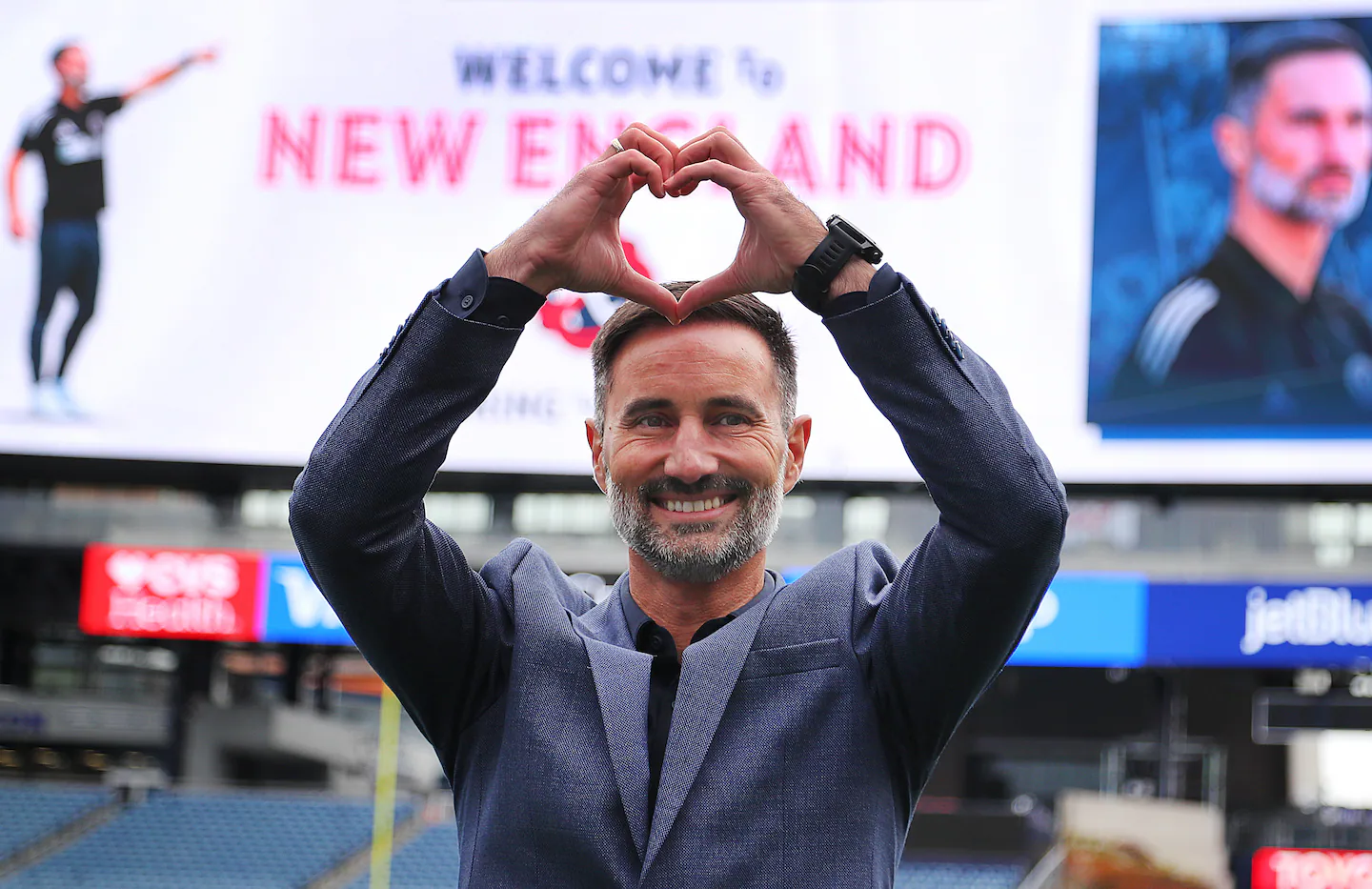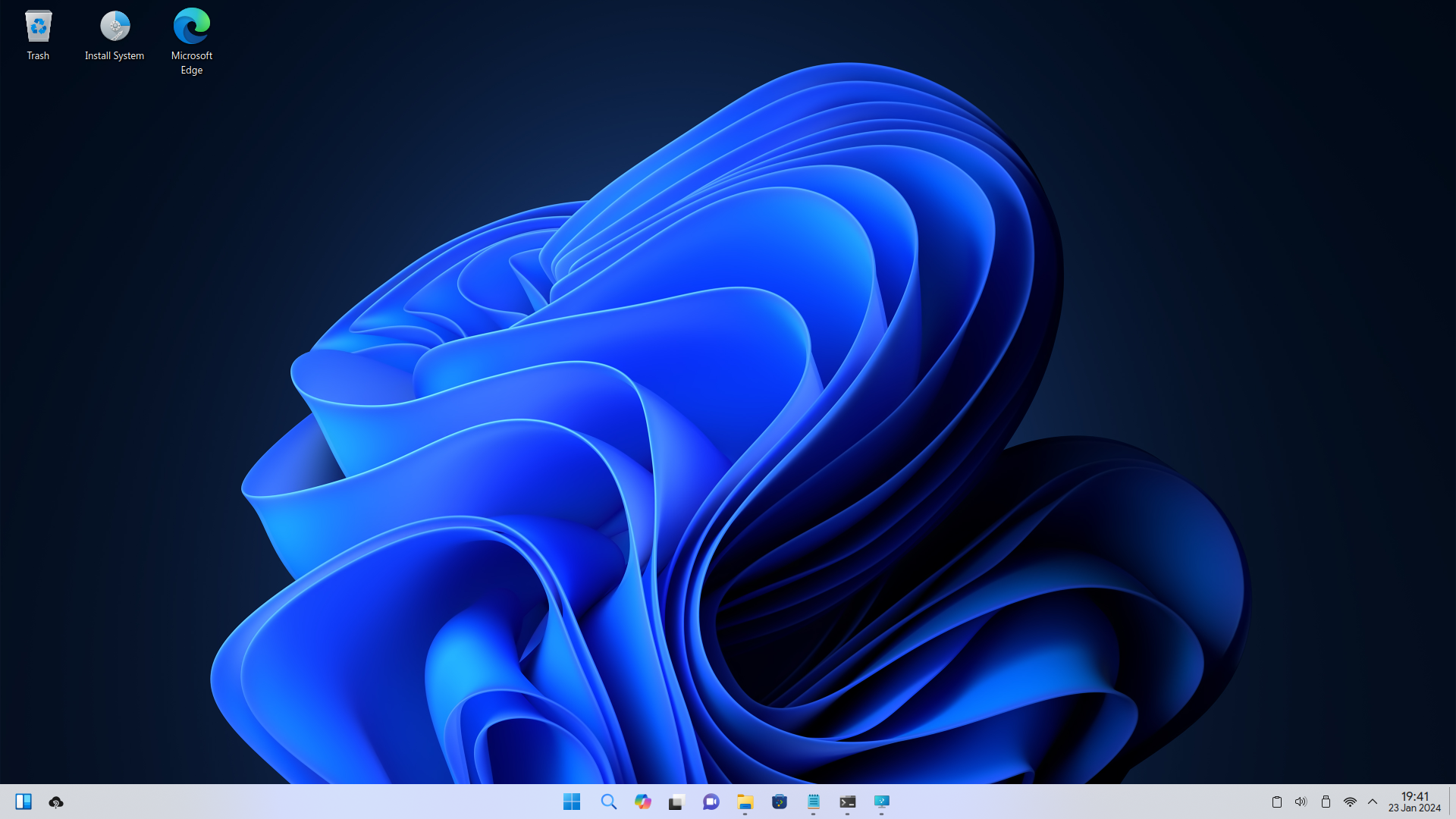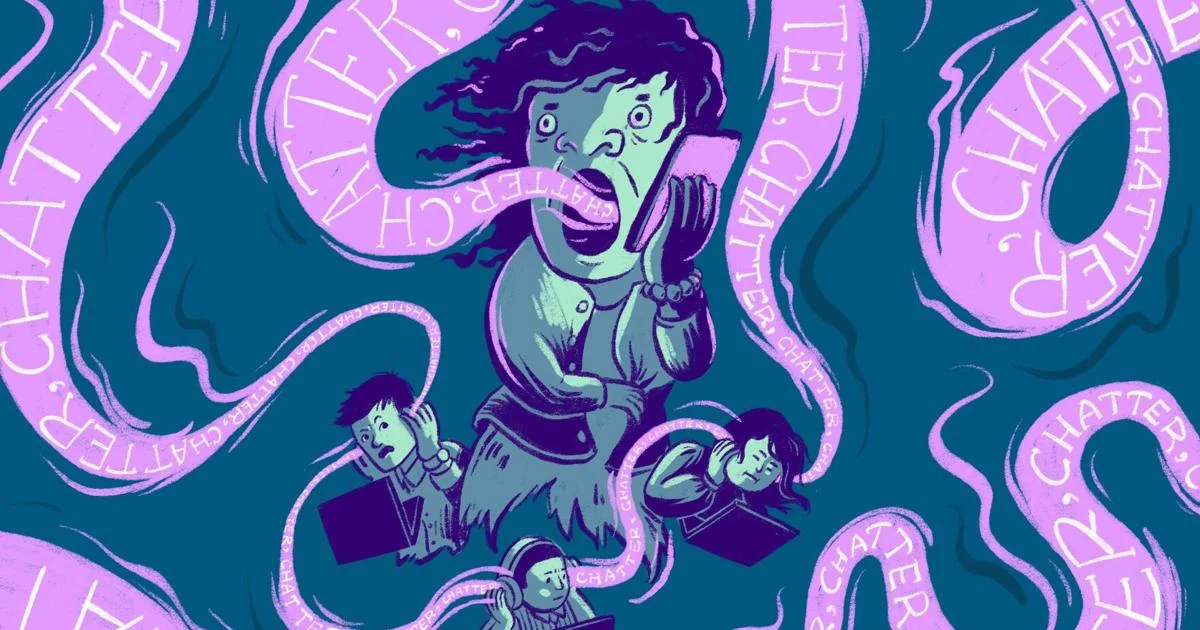Copyright The Boston Globe

He’s convinced management, and now Mitrovic, 47, must persuade Revolution players, starting with captain Carles Gil. Mitrovic’s every move will be scrutinized by the squad, starting with training methods and extending to tactical decisions. Immediate predecessors Bruce Arena and Caleb Porter commanded attention, arriving with successful MLS track records. Mitrovic might not have that credibility, but he’s prepared to prove himself. “This job is my life, and I am very aware of all the things this job carries with it, and I am ready to live with that,” Mitrovic said. “One thing that matters to me is, myself and the people around me know the context, we are always trying to do the right things in the right way.” Arena had immediate success in 2019, and the Revolution followed him to the end, when he resigned after being placed on administrative leave in 2023. Management clearly wanted to tone down his all-out, all-the-time offense, and welcomed Porter’s comparative conservatism. Along the way, there was hope Porter would move toward unleashing the attack, but that did not happen until the last-minute arrival of Israeli striker Dor Turgeman last season after Porter had been fired. “Before we go to tactics,” Mitrovic said, “we have to have fighting spirit. We have to understand we go out there to give everything we have. For me that’s nonnegotiable. We have to make sure every player gives everything.” Mitrovic seems to be leaning more toward Arena’s style. “Let’s simplify this. I will use one word — attack,” Mitrovic said. “We will attack with the ball and we will attack the ball when we don’t have the ball, and we will be very aggressive with that.” Many “modern” coaches would make a similar statement, but Mitrovic added a clue to his methods in a post-news-conference interview. Asked about the Serbia team that won the 2015 FIFA U-20 World Cup, Mitrovic referred to players such as Sergej Milinkovic-Savic, who went on to star in Serie A and is now competing in Saudi Arabia. “One thing is communication — most of the big players, you learn a lot from them,” Mitrovic said. “They give you solutions on the field that sometimes as a coach you’re not aware of. Milinkovic-Savic’s soccer IQ is exceptional and you’re, as a coach, ‘Oh, wow, this is great.’ And you can implement this in your coaching later, because players on the field, they see the game best. And the biggest talents, they have the best decisions on the field.” In other words, Mitrovic could be described as a players’ coach, along with an authority figure. Ideally, Mitrovic will be able to blend experiences, having forged his talent in Europe and expanded to the US. When he started with Red Star Belgrade’s academy as a 9-year-old, Mitrovic’s coaches included Vladimir Petrovic, a highly accomplished performer who went on to guide the national team. The club director was Dragan Dzajic, possibly Serbia’s best-ever player. In 2016, Mitrovic followed Veljko Paunovic to the Chicago Fire, then got an inside look at US soccer with the national team program. Wisely, Mitrovic is attempting to wipe the slate clean with the Revolution. Forget the inconsistency up front, despite having Gil as playmaker. “Everything that was before, there was some context and I don’t know the context,” Mitrovic said. “And I am coming here, I said before I am not a fixer, I am a builder. So I have my ideas, the way we want to create our environment, how we want to play, and I want to learn from all the players, how they contribute to that, and what are their strengths, and how we can expose our game to their strengths. And build from there. You can analyze the past but you don’t know the context, and now I’m going to know the context because I will work with them every day.” Not being able to boast a strong track record means Mitrovic might not have a captive audience at least until — and if — the results start happening. Having Turgeman available from the start should help.



